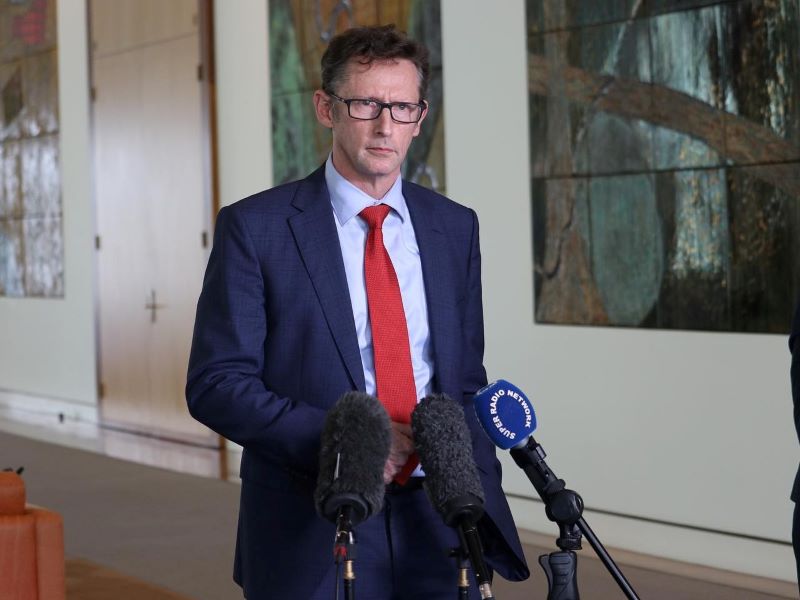Australian video game developers have received the green light to begin scaling up their studios and projects after the federal government introduced legislation for the Digital Games Tax Offset scheme.
Assistant Treasurer Stephen Jones introduced the legislation for the changes as part of the omnibus Treasury Laws Amendment (2022 Measures No. 4) Bill, which also establishes the Powering Australia Technology Fund.
The bill will introduce a 30 per cent tax offset for companies that develop digital publicly available games in Australia to support the “emerging sector”, at a cost of $34.8 million to budget bottom line over four years.
All local companies and foreign companies with a local office will be eligible to receive the Digital Games Tax Offset (DGTO) on eligible expenditure of at least $500,000 from July 2022.

As previously reported by InnovationAus.com, the rebates will be capped at $20 million per company (or group of companies). According to the bill introduced on Wednesday, reaching the cap “requires approximately $66.7 million in eligible expenditure”.
Just how much a company’s “qualifying Australian development expenditure on the game is determined by the Arts minister”, who will issue a certificate that is necessary to meet eligibility requirements.
The certificate can be issued “following the completion of a new digital game, the porting of a digital game to a new platform, or for ongoing development of one or more existing digital games”, according to the explanatory memorandum.
Introducing the bill on Wednesday, Mr Jones said the DGTO would “strengthen the Australian digital games industry, expand employment opportunities for digital and creative talent, and enhance the industry’s international competitiveness and make Australia more attractive for foreign investment.”
“All entertainment and education games will be eligible for the DGTO provided they can receive a classification from the Australian Classification Board and are broadly available to the general public,” he added, stressing that “gambling like activities are excluded”.
Interactive Games and Entertainment Association (IGEA) welcomed the bill for the DGTO, which the “sector has been eagerly awaiting”. The group described the tax incentive as one of the best available anywhere in the world.
“Pending the bill’s passage through both houses of Parliament, local video game businesses and creators can now confidently scale up their studios and projects to deliver more quality Australian content to a global audience,” the IGEA said.
“At the same time, Australia will shine brightly in the global video games industry as the next big destination for business and investment.”
The IGEA said that “swift passage” of the bill was expected give the policy was first proposed by the new Opposition when it was in government.
The DGTO was first announced in the lead up to the 2021-22 federal Budget as part of the government’s Digital Economy Plan. It was later expanded in the 2021-22 Mid-Year Economic and Fiscal Outlook.
“The DGTO, coupled with the many state government digital games funds and rebates, means that Australia has some of the most aggressive video game industry incentives available globally,” IGEA CEO Ron Curry said.
“We expect to see many multinational companies expand their operations to Australia and contribute to a thriving and sustainable game development ecosystem.”
Do you know more? Contact James Riley via Email.

